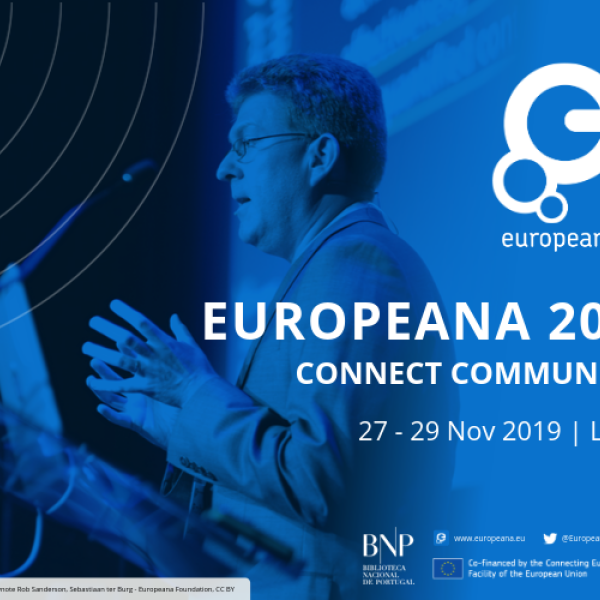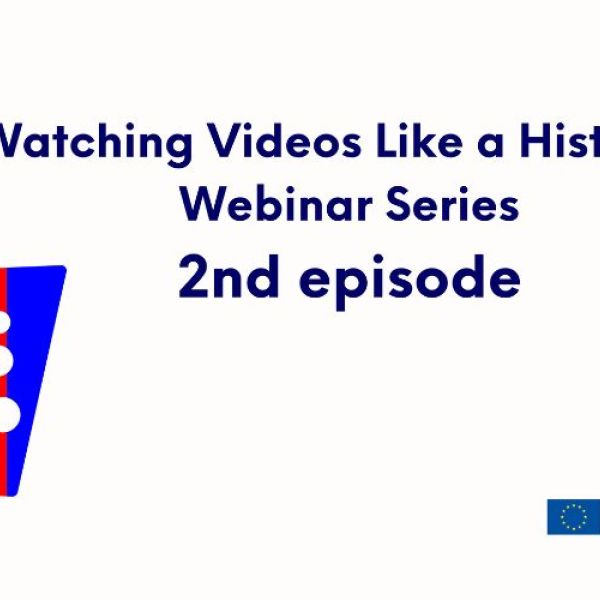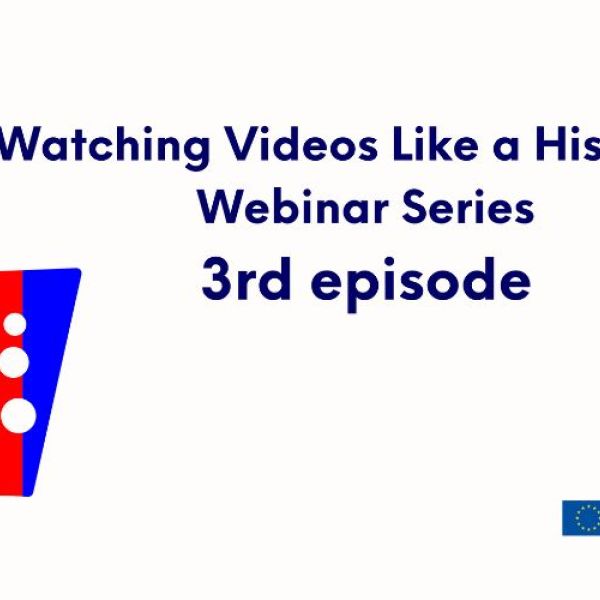Who we are
The Europeana Education community brings together professionals dealing with digital culture and learning in cultural heritage institutions, educational organisations, schools, NGOs, ministries, local government, and the private sector.
What we do
We work to embed digital cultural heritage in both formal and informal education and foster innovation.
Why join?
- Meet your peers and network at the Europeana annual conference and other relevant events
- Stay informed and get the latest news about education and the cultural heritage sector through our dedicated communication channels
- Grow your network and participate in European projects
- Contribute to digital transformation in education with culture

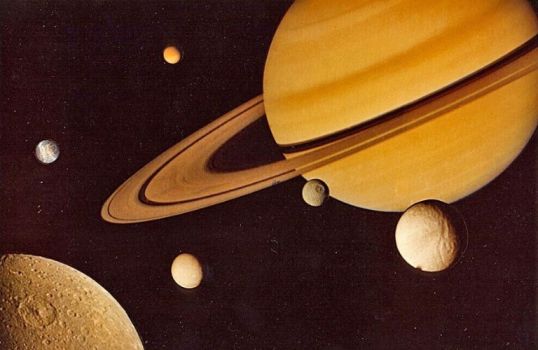
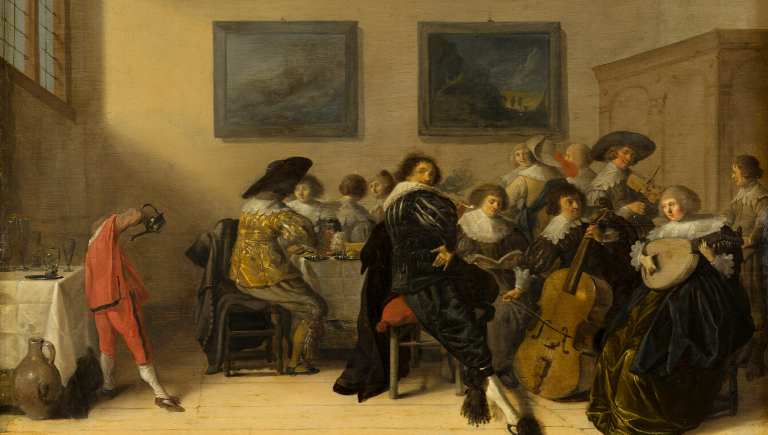
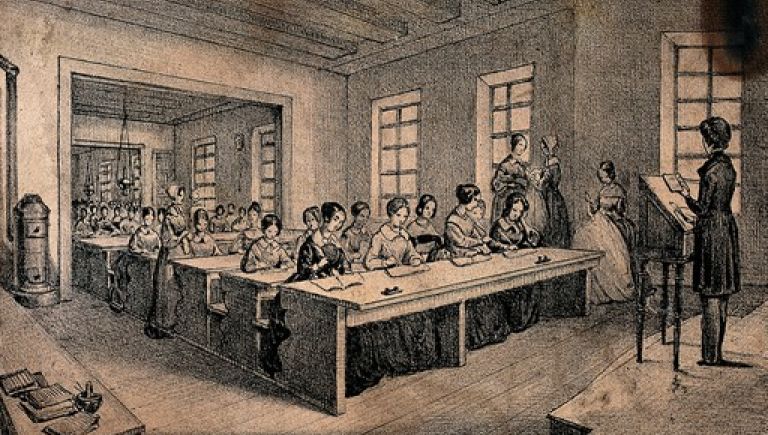
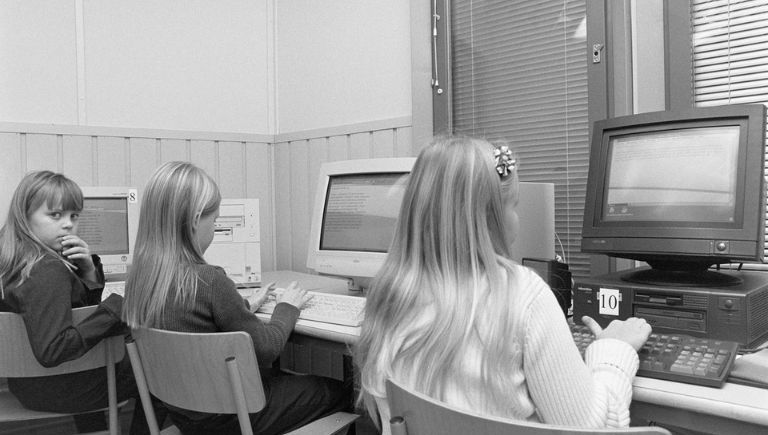

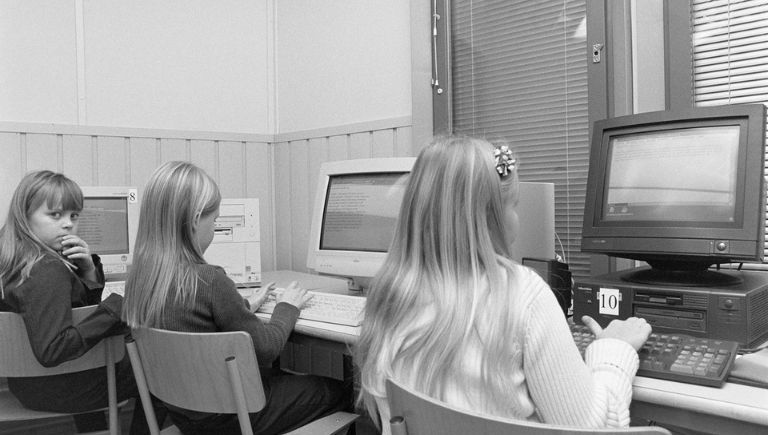
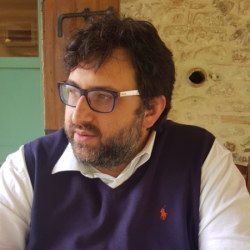
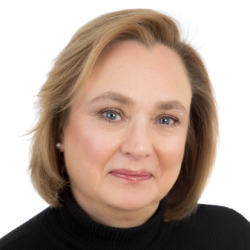
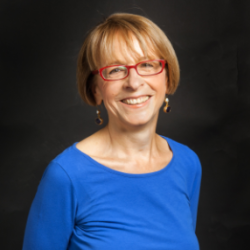
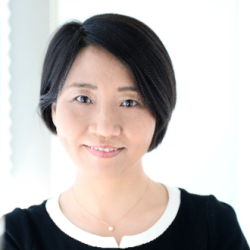
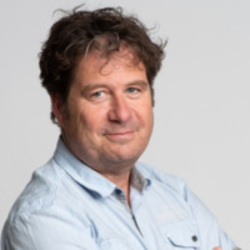
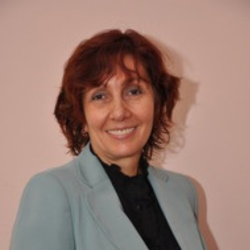
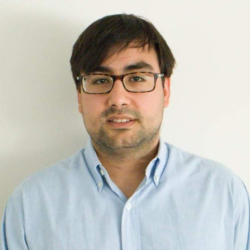
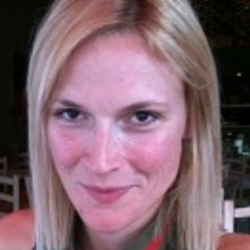
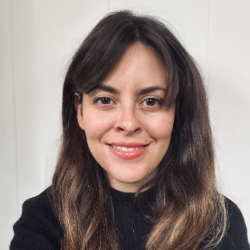
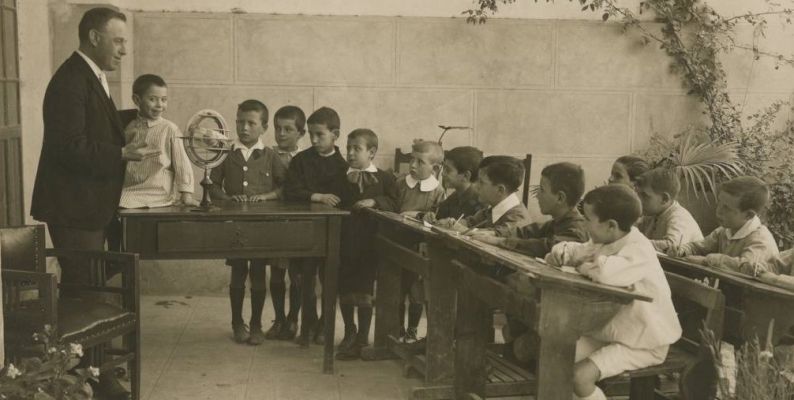
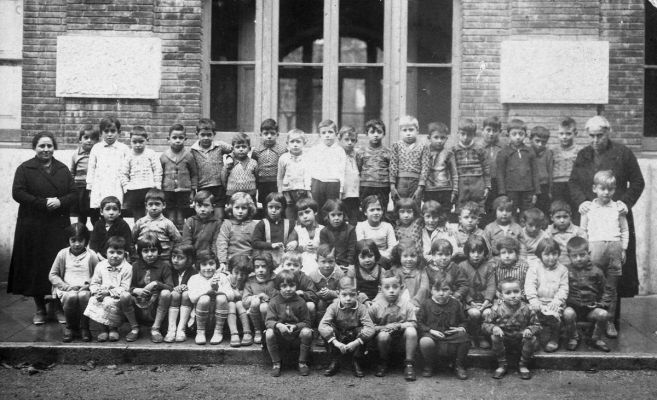
.png)
